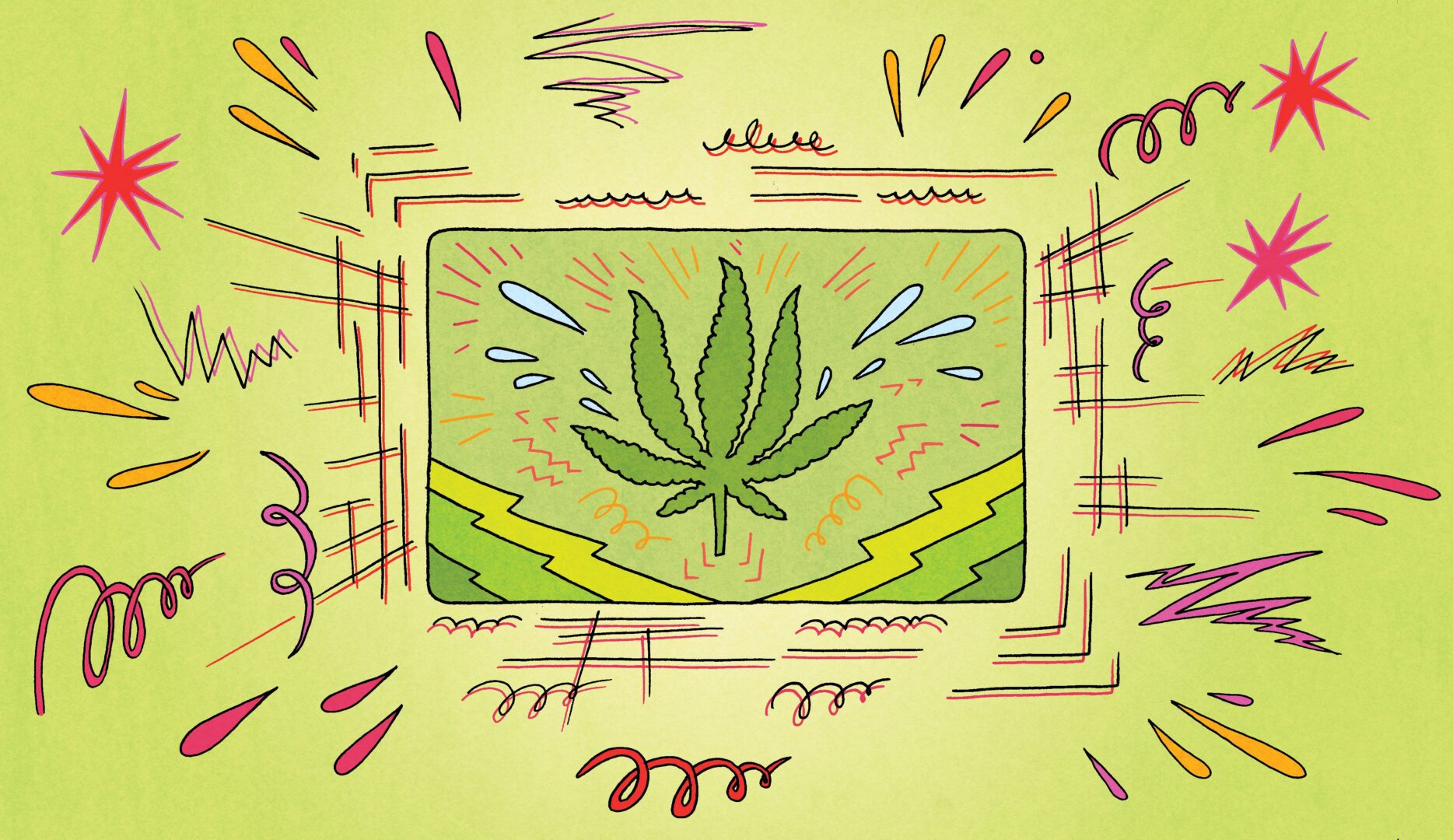Understanding Anxiety and Exploring Medical Cannabis as a Treatment Option
Anxiety is the feeling of worry, panic, or nervousness in response to stress or fear, often triggered by an upcoming event. However, anxiety becomes problematic when the reaction is disproportionate to the actual stress of the situation and starts to interfere with daily life. Symptoms of anxiety disorders can range from mild to severe, with some individuals finding it difficult to carry out everyday activities. Anxiety is one of the most common psychological conditions, affecting one in four people at some point in their lives.

What Causes Anxiety?
A variety of factors contribute to the development of anxiety disorders, including both genetic and environmental influences. The following are known to increase the likelihood of developing an anxiety disorder:
-
A family history of anxiety or other mental health conditions
-
Being female
-
Adverse experiences in childhood
-
Chronic illnesses
-
Environmental stressors such as trauma (physical or emotional), unemployment, and low socioeconomic status
Anxiety Symptoms
Anxiety can manifest in various ways, and each person may experience different symptoms. Common signs of anxiety include:
-
A sense of fear or dread
-
Feeling detached from one’s body
-
Irritability
-
Difficulty concentrating or mental fog
-
Disturbed sleep and fatigue
-
Muscle tension
-
Palpitations or chest pain
-
Tremors
-
Dry mouth
-
Headaches
-
Nausea and diarrhoea
Anxiety Conditions
Common types of anxiety disorders:
-
Generalised anxiety disorder (GAD): Characterised by frequent and uncontrollable worry about multiple issues. GAD affects daily life due to both physical and psychological symptoms.
-
Panic disorder: Leads to sudden, unexpected surges of panic, often resulting in panic attacks. These attacks can occur without any clear cause or trigger.
-
Social anxiety disorder: An overwhelming fear of social situations, also known as social phobia. Individuals with this condition often experience intense worry before, during, and after social interactions.
-
Phobias: An extreme fear of specific objects or situations, leading to physical symptoms like dizziness and sweating. People with phobias tend to avoid what they fear.
-
Agoraphobia: The fear of places where escape might be difficult, or help unavailable in case of panic. This often leads individuals to avoid such settings.
-
Separation anxiety disorder (SAD): A fear of being separated from a close person or attachment figure. This is more common in children but can also affect adults.
-
Post-traumatic stress disorder (PTSD): Develops following exposure to a traumatic event, causing flashbacks and severe emotional distress.
What is the Most Common Anxiety Disorder in Adults?
The most commonly diagnosed anxiety disorder in adults is generalised anxiety disorder (GAD).
How is Anxiety Diagnosed?
Anxiety is diagnosed through a detailed conversation with the patient to fully understand their symptoms. It’s important to rule out other conditions that could mimic anxiety, which may require further testing.
Questionnaires are frequently used to aid in diagnosing anxiety and to monitor how patients respond to treatment.
Anxiety Treatment
The treatment of anxiety depends on the type of anxiety disorder and its severity. Some approaches that may help manage anxiety include:
-
Regular exercise
-
Relaxation techniques
-
Improved sleep habits
-
Identifying and reducing stressors
-
Spending time with supportive friends and family
